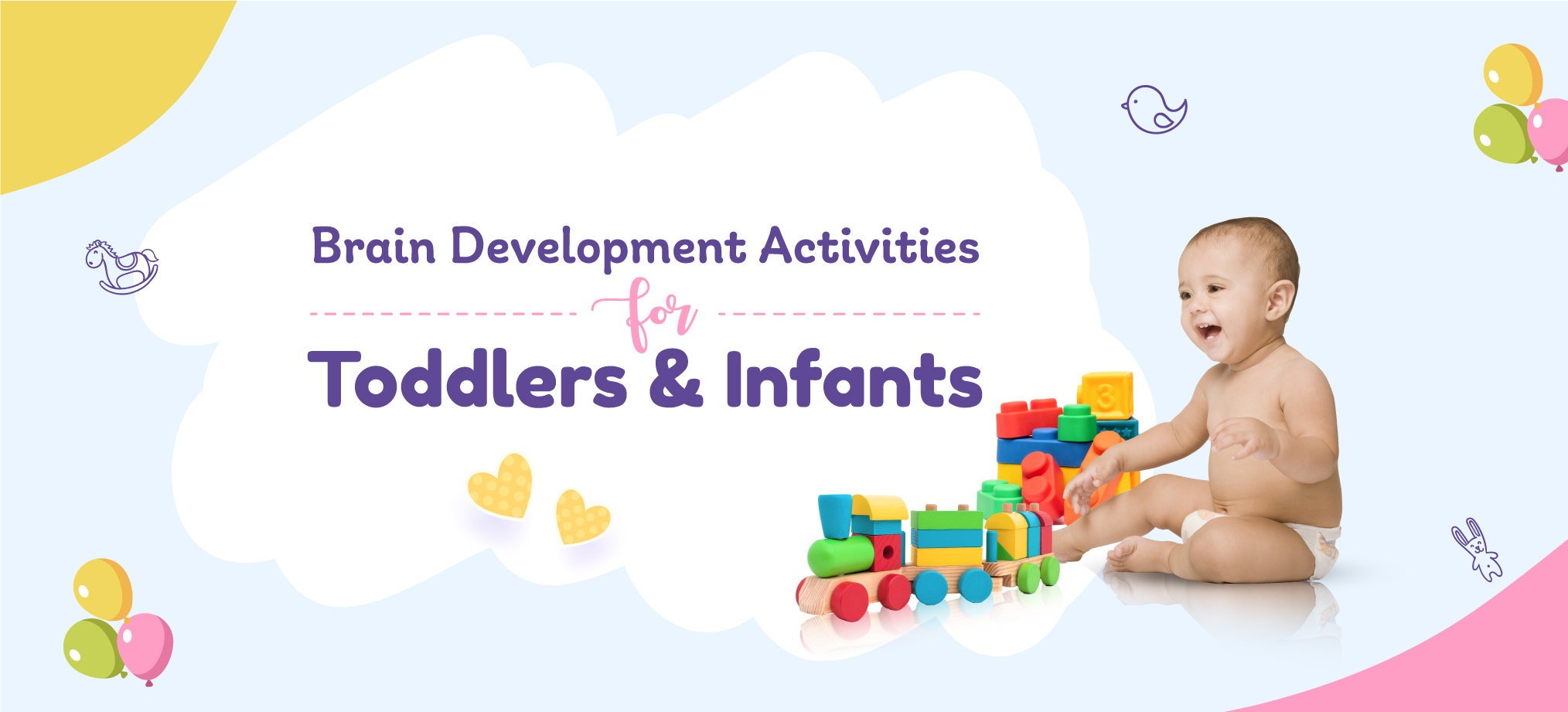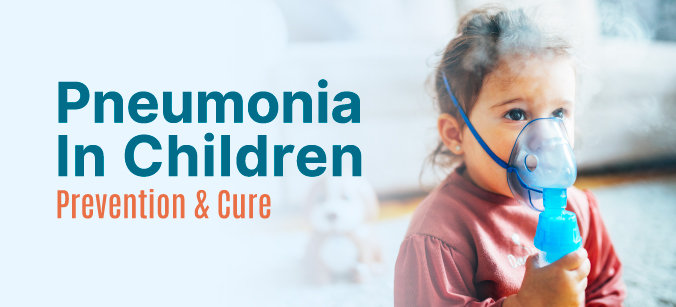- Home
- Blog
- Mom & Baby Care
5 Things Every New Mother Needs For Postnatal Care
Mom & Baby Care
5 Things Every New Mother Needs For Postnatal Care
By Apollo 24|7, Published on- 01 December 2022
Share this article
0
0 like

Childbirth is undoubtedly the most overwhelming as well as extremely painful experience for every mother. In addition to this, research shows more than half of women experience postpartum illnesses (diseases after giving birth to the baby). Moreover, many of these women suffer in silence because they are ashamed to discuss these issues with their doctors or even their friends. Pelvic floor dysfunction is one such common problem experienced by women after delivering a baby. Furthermore, over half of the women who deliver vaginally, experience bladder issues and sexual dysfunction. While the recovery process post-delivery continues at home, the partner or the family members of the new mother must know about some products that can help with postnatal care.
5 Essentials Mothers Need For Postnatal Care
It's easy to get caught up in the thrill of buying newborn items, but it's also crucial to stock up on postpartum essentials. Here's a list of the 5 things most needed for postnatal care for a new mother.
#1 Ice Packs and Sitz Bath
Use an ice pack on the tender area for the first 24 hours following the first day after delivery to help reduce swelling and pain. A sitz bath can also be tried after consulting the healthcare provider. For this, you need to fill a small basin with warm water and set it on the toilet to prepare a sitz bath. The new mother can sit in it for at least 20 minutes, three to four times daily for a week to relieve soreness.
#2 Maxi pads
Whether delivery was natural or by c-section, it's common to have bleeding and discharge, known as lochia, for a few weeks after giving birth. That's where maxi pads come in—and, yes, one should only use pads instead of tampons during the postpartum period. This is because the lochia, favours the growth of bacteria, thereby blocking it with a tampon or menstrual cup may force the bacteria back up into the uterus, which may lead to an infection.
#3 Medicated Cooling Pads
Haemorrhoids are a common problem for new mothers. The pressure during contractions and pushing hard during labour and delivery can result in swollen blood vessels or haemorrhoids. In such cases, medicated cooling pads can help decrease the discomfort associated with haemorrhoids or an episiotomy. If this doesn't work, consult a healthcare professional about taking a stool softener or a mild laxative.
#4 Perineal spray
If a woman gets stitches in her perineal area (the area surrounding the anus), it may become painful and even itchy. Perineal sprays reduce pain and discomfort by acting as a local anaesthetic and numb the area. Use a cooling, pain and itch spray, free of benzocaine and butane-free, can be used for postpartum care.
#5 Breast pads
Whether or not a mother chooses to breastfeed, every woman experiences changes in their breasts post delivering the baby. Breasts may feel warm, tingling, and firm to the touch as they fill with milk. This is when cooling nursing pads come in handy as they keep clothes from getting soiled with leaking milk. These pads also soothe hurting nipples.
These are the most basic products one can be prepared with for taking care of a woman post delivering the baby. If you are unsure of what all products can be added to the postpartum kit, consult the experts.
Talk To An Apollo Gynaecologist
Medically reviewed by Dr Sonia Bhatt.
Services
Mom & Baby Care
Leave Comment
Services
Recommended for you

Mom & Baby Care
5 Games For Healthy Brain Development Of Toddlers & Infants
Responsive games are an excellent way to provide your toddler with the stimulation and development needed for healthy brain growth. This blog discusses the top 5 responsive games to aid in the brain development of infants.

Mom & Baby Care
Pneumonia In Children: Know All About Its Causes, Symptoms And Treatment
Pneumonia is one of the most common infectious diseases affecting children below 5 years of age. It is an acute lung infection that can cause breathing difficulties and other symptoms. To keep children safe, parents need to be aware of the causes, treatment options and preventive measures.

Mom & Baby Care
Indian Diet Chart for Breastfeeding/Lactating Mothers
A lactating mother's nutritional health directly affects both the amount and quality of her breast milk. In fact, a good diet is equally important for the mother to battle the dreaded postpartum fatigue.
Subscribe
Sign up for our free Health Library Daily Newsletter
Get doctor-approved health tips, news, and more.

